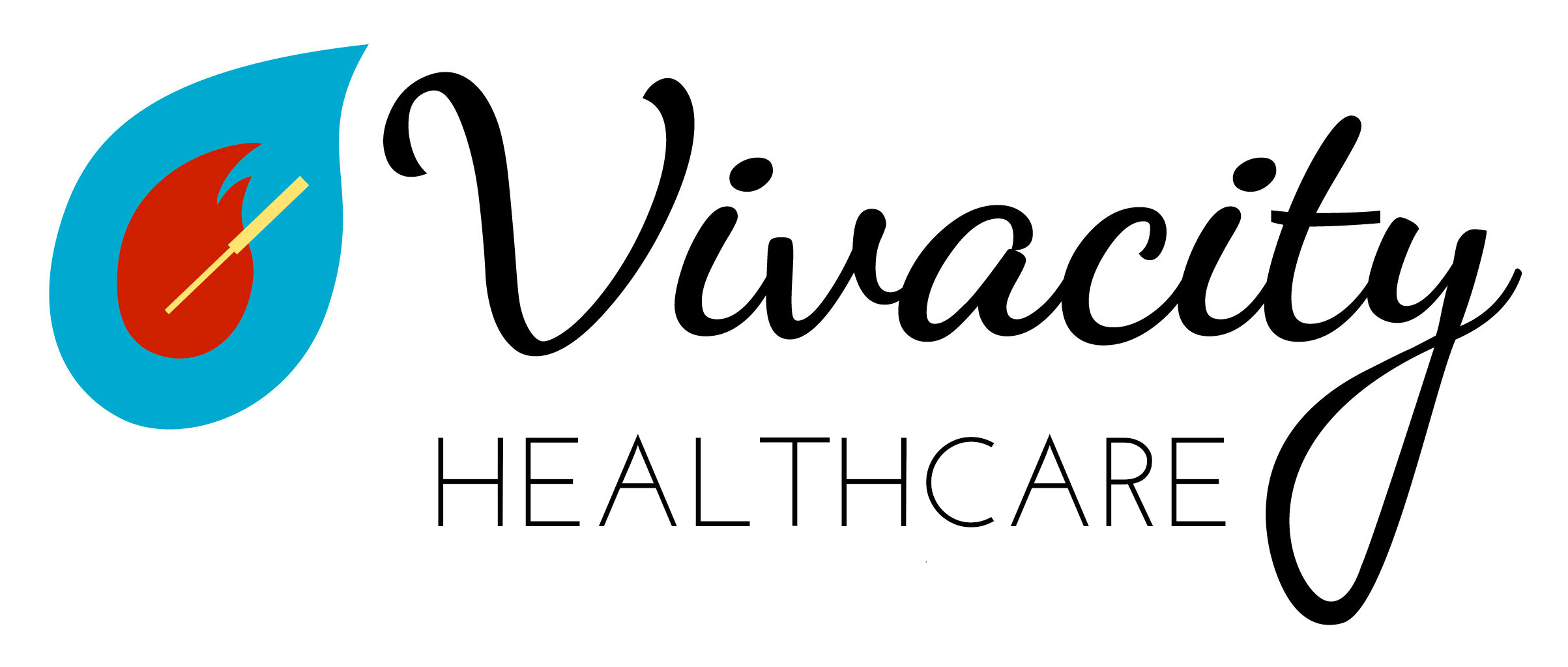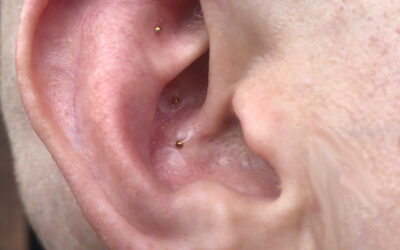The first thing that comes to most people’s minds when they hear ‘hormone balance’ is reproductive health. While it is true that acupuncture and East Asian medicine is very helpful in a wide range of gynecological complaints or infertility as well as sexual dysfunction or impotence, there are a variety of other hormone balancing treatments to address common symptoms including:
-Fatigue and/or difficulty sleeping
-Low libido
-Headaches; Muscle aches
-Mood changes
-Weight changes
-Sugar cravings
-Indigestion
As you can imagine, many people who come to me report at least a few of these symptoms even when they are otherwise in excellent health. Due to the feedback loops of the endocrine system, an imbalance is often not isolated within one gland or organ. It is for this reason that individuals may have a wide variety of symptoms even when blood tests show that hormone levels are within the normal range. A useful concept is the hormone ‘cascade’ whereby a shift in one hormone level or gland function will have trickle effects on the others in the system.
This is where acupuncture frequently comes in handy, as this trickle effect is often noticeable within a few months of the initial treatment as the other glands start to respond to the balancing effect of the treatment. Specifically with symptoms around a menstrual cycle, the first cycle after acupuncture treatment commences may even swing like a pendulum towards an opposite (as in what was long cycles might turn into a short cycle). As the pendulum swings back around on the second or third cycles after treatment commences, symptoms tend to resolve. Through acupuncture we can treat the root cause of these symptoms, stimulating the endocrine system to auto-regulate, and prevent the progression of an imbalance [1]. While there are acupuncture treatments for the adrenals, the thyroid, the pancreas and the pituitary gland, it’s important to remember that within the endocrine system all of the glands are in communication through their respective hormones [2].
There are a couple key takeaways that when implemented often help potentiate the acupuncture treatments:
Environmental and personal stress are major contributors to hormone imbalances and that is a plausible explanation for why hormone imbalances are somewhat common in this day and age. One of the reasons for this phenomenon is that overproduction of the stress hormone (cortisol) may deplete stores of nutrients that are needed to build other hormones. Nutrition and fitness are two areas that I often discuss with my patients to minimize any adverse effects these types of stressors may be having on their health. Diets that take hormones into consideration rather than making blanket changes based on sheer willpower are more effective.
When working with symptoms of the ovarian reproductive system, estrogen dominance is common. When I order hormone tests, one of the things I am looking for is not just estrogen and progesterone being in normal range, but the ration or balance between these two hormones. I find that progesterone levels tend to wane, and this often manifests as pre-menstrual symptoms including low energy and mood fluctuations. Luckily, progesterone levels may shift rather easily with minor dietary changes. My number one choice for this is sweet potato, followed by avocado, spinach, then nuts and seeds (especially walnut, pumpkin and sesame). Soy has at times been maligned by the media, however, several studies show that fermented soy at a dose of approximately 60 grams per day raises progesterone, lowers cholesterol, and prevents hyperglycemia. The key here is that these studies are on soy that has been fermented (i.e. tempeh or encapsulated versions of fermented soy). One caveat is that if your thyroid is slow, it is generally recommended to limit yourself to two servings of soy per week. Finally, timing nutrient-dense meals regularly in the progesterone phase of your cycle (from ovulation to menstruation) will help ensure your body has access to the stores it needs.
For a general sense of the state of your endocrine system, a baseline hormone panel is incredibly helpful– even if your hormones are within ‘normal’ range we can see where they are at in that spectrum and also use this baseline to track changes over time. If you are already utilizing medication or other treatments and have discussed a step-down program with your physician, acupuncture can be used in the process of reducing the dosage needed as well as moderate side effects.
—
References:
[1] E. Stener-Victorin, X. Wu. Effects and mechanisms of acupuncture in the reproductive system. Auton Neurosci, 157 (2010), pp. 46-51.
[2] Cui J, Song W, Jin Y, et al. Research Progress on the Mechanism of the Acupuncture Regulating Neuro-Endocrine-Immune Network System. Vet Sci. 2021;8(8):149. Published 2021 Jul 30. doi:10.3390/vetsci8080149




